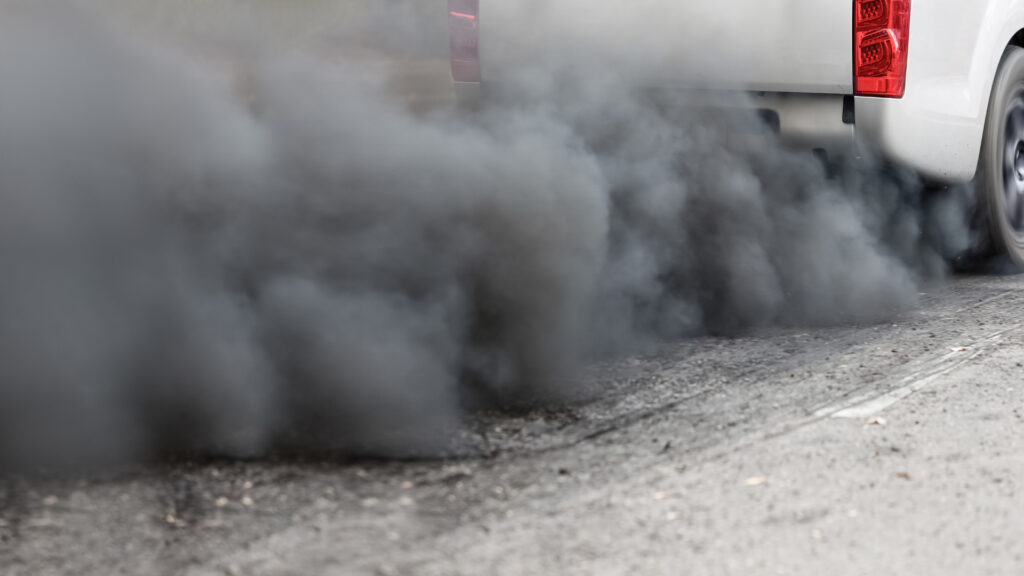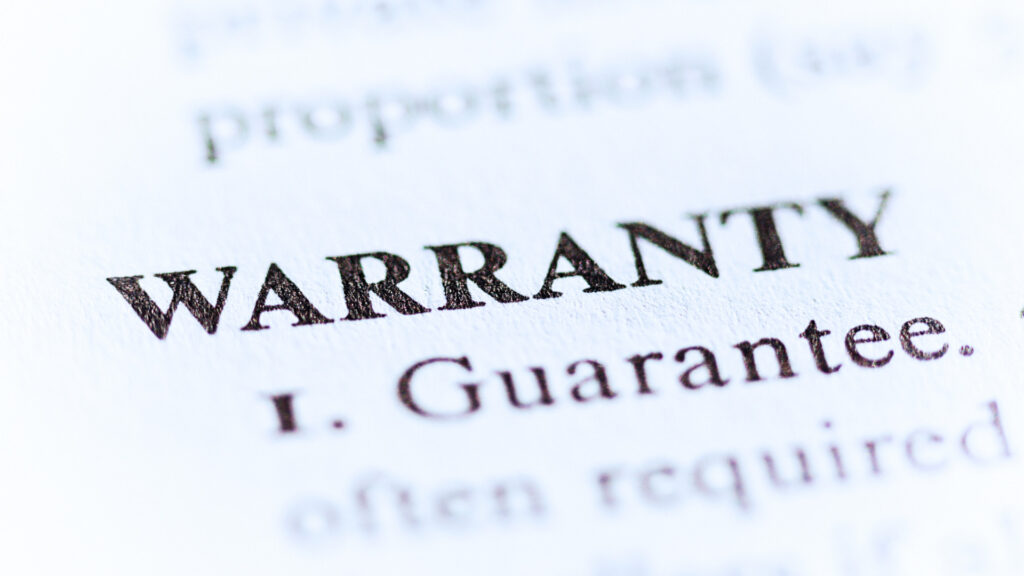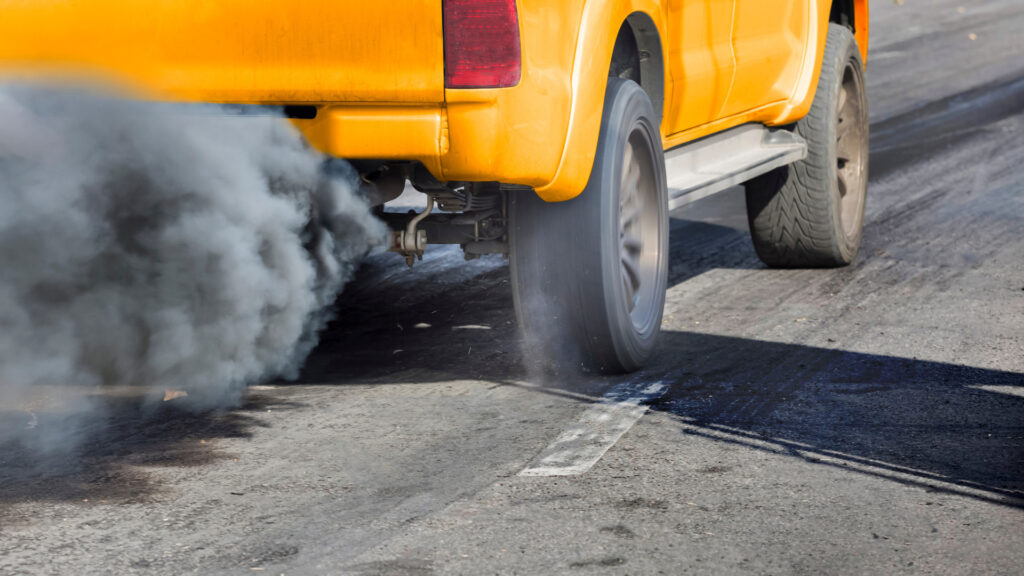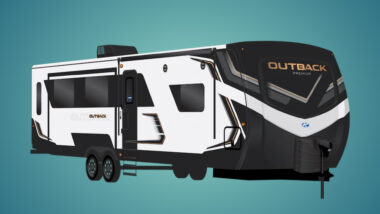Table of Contents Show
Drivers do many things to customize their vehicles for better performance or to achieve a particular look. Deleting is a significant modification some truck owners choose for their rides. But what happens if you get caught with a deleted truck?
While it can be beneficial, deleting a truck is also quite controversial and could land you in legal trouble. Today, we’ll share what it means and why you might think twice about doing it to your vehicle.
Let’s dive in!
What Is a Deleted Truck?
A deleted truck is a vehicle with modifications that eliminate features that help reduce pollution.
Owners alter the vehicle in a way so it can function without the Diesel Particulate Filter (DPF), Selective Catalytic Reduction (SCR), and Exhaust Gas Recirculation (EGR) systems.
These parts became standard after mandates in 2008 and 2010 from the Environmental Protection Agency (EPA). They now come standard on all on-road diesel vehicles straight from the factory. However, like many other parts, some owners remove or render them useless.
How Much Does It Cost to Delete a Truck?
The cost of deleting a truck depends on the vehicle. Unfortunately, it isn’t going to be cheap, no matter what.
If you can do the work yourself, it typically will cost between $1,000 and $1,500. However, paying someone else to do everything can cost between $2,000 and $5,000.
Benefits of a Deleted Truck
Despite the expensive price tag, some owners still find it beneficial. Let’s look at some of the reasons some owners choose this modification.
Increased Performance
While these components reduce emissions and are better for the environment, they often reduce performance.
After making the necessary changes, many owners find their vehicles run smoother, are more fuel efficient, and have more power. Some even claim to have experienced an increase of 100 horsepower or more.
Lower Maintenance Costs
One of the biggest reasons many delete their truck is the reduced maintenance costs. Replacing a failed DPF can cost anywhere from $1,000 to $10,000, depending on the vehicle. You don’t have to have an advanced degree in mathematics to see that deleting the parts is typically cheaper.
Disadvantages of a Deleted Truck
Before you get convinced that deleting your fancy vehicle is right for you, it’s essential to consider the disadvantages. Here are a few reasons you should think long and hard before making any modifications.
Increased Air Pollution
Unsurprisingly, a vehicle will create more pollution if you remove the parts designed to help it operate cleaner. We’ve learned quite a bit during the last few decades, especially about pollution.
No matter where you fall in the climate change debate, creating less pollution is always good. However, if you delete your truck, you’ll do just that.
Aside from harming the environment, air pollution affects those around you while driving. The last thing we want is a coal-rolling truck to pull up in front of us at a stoplight.
They launch clouds of black smoke into the air as they rocket through the intersection. If you’ve seen diesel prices these days, it’s surprising that drivers still do this.

Legal Consequences
What happens legally when you get caught with a deleted truck?
Despite what you may have heard, deleting is illegal. Federal law prohibits individuals from messing with or tampering with emissions equipment. Yes, you read that correctly. It isn’t a local or state law but a federal one. If violating a federal law doesn’t scare you, the potential fines might.
Violators can get hit with hefty fines. Don’t believe us? Each year, the EPA releases a list of cases and resolutions. We found instances of an individual paying $1,650 and another who had to pay $225,368. The EPA couldn’t care less if you’re a big business with a fleet or a single-vehicle owner. They’ll pursue charges either way.
Voiding Warranty
One of the advantages of buying a new vehicle is the warranty that comes with it. However, if you delete your truck, you can kiss that warranty goodbye. Manufacturers aren’t going to fix issues caused by modifications that you, as the owner, made.
Even if your warranty claim has nothing to do with the changes you made, you’ll still be out of luck. You could try to take them to court to cover the warranty claim.
However, you’d have to explain to the judge why you broke federal law by modifying your vehicle. You may think you’re a smooth talker, but good luck talking your way out of that one.
Pro Tip: Don’t void your RV warranty by knowing what’s covered! Read these Important Tips to Avoid Voiding Your RV Warranty

Resale Value Reduction
The odds are that you won’t own that vehicle forever. A day will likely come when you need or want to trade it in or sell it. Unfortunately, it will not be as easy if you’ve deleted it.
Dealers likely aren’t going to want to go anywhere near it. They won’t take any chances with a vehicle violating federal law on their property.
As a result, your target audience and potential value will likely be reduced. Some people are willing to buy a deleted truck through private sales. However, they may not be willing to pay what you think it’s worth, especially after spending thousands to delete it.
Is It Illegal to Drive a Deleted Truck?
There’s no way to sugarcoat it; driving a deleted truck is illegal. It likely won’t matter who did it or if it was that way when you bought it. If your name is on the registration, you’re responsible.
The EPA and a federal judge aren’t going to care that you’re getting more horsepower or it is running smoothly. They’ll pursue legal action if they discover you’re driving a deleted vehicle.
Why Are Deleted Trucks Illegal?
Deleted trucks are illegal because of their negative impact on the environment. The components that get disabled during a delete are there to create cleaner vehicles. The EPA’s job is to hold corporations and individuals responsible for doing their part in protecting the environment.
The pollution from a single deleted truck won’t likely cause a significant issue. However, if all 230 million registered drivers decided to delete their vehicles, smog would be everywhere.
Keep in Mind: What a nightmare! This RVers truck was dropped from a lift during an oil change.

What Happens If You Get Caught With a Deleted Truck?
The consequences can be severe if you get caught with a deleted truck. At the least, you can expect a hefty fine. The amount will depend on whether you’re an individual or a corporation. However, penalties can be in the thousands or even millions, depending on the situation.
In addition to a fine, there could be other consequences. You could have your vehicle towed to an impound lot while officials investigate the matter. There is also the possibility that a driver could have their license suspended or revoked.
Is It Worth Deleting Your Truck?
When you combine the upfront cost, potential fines, and the negative environmental impact, deleting your truck is not worth it. If you decide to do it, you could be in a serious legal situation.
In addition, if something doesn’t go as planned, you could end up with a vehicle that’s nothing more than an expensive paperweight. For us, it’s not a risk worth taking.
Do you think deleting a truck is worth it?







I’ve had a 2013 Cummins that was deleted and it ran great. Pulling the fifth wheel around 11 to 12 mi to the gallon, without the trailer. Saw as high as 24 miles to gallon. Love the Cummins! Hated the shipping crate that it came in lol! Now driving a 2018 Chevy Duramax 3500 and love it. Still pulling the camper. I see 11 to 12 mi a gallon. Use very little def. On the open road it doesn’t quite get 22 miles a gallon but it’s still has the power that’s needed. Have an extended warranty on the Chevy so it will stay stock.
I deleted my truck because it would continually go into “limp” mode. It is a pre-DEF model. The dealerships recommendation was to drive it at 70 mph for at least 30 minutes to burn off residue. This did not work. So with deleting I upgraded the turbo. I am now over 700hp and am getting 25% better fuel milage. I don’t plan on selling and I have yet to be pulled over by the feds to check my emissions.